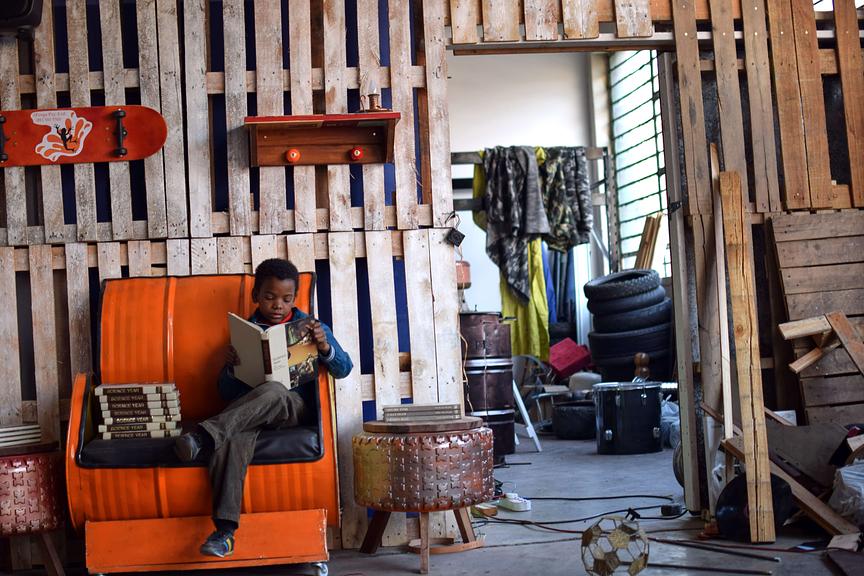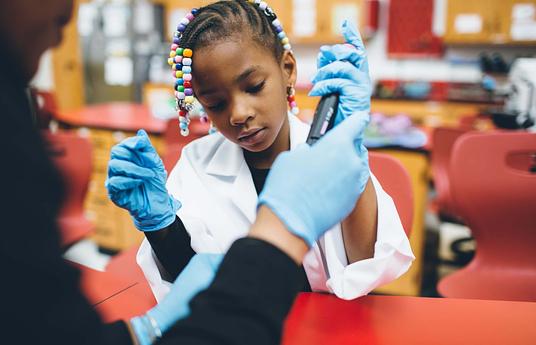When Kenyan schools were closed for Covid-19 and the school year was officially canceled, we reached out to parents and caregivers to understand what they needed to help their learners at home. We heard their frustrations about lack of clarity on whether they should continue learning, what they should be learning and how to find the right resources. We started KKL to help provide these answers.
As we dove deeper into their needs, we discovered that caregivers really needed support to build their own confidence to lead learning at home. They also hungered for a community of other caregivers with whom they could share stories and address challenges. The campaign evolved to meet these foundational needs in addition to guidance and resources. We have piloted a set of innovations with rural, urban low-income and urban lower-middle income to address confidence and build community. These interventions include community onboarding meetings where caregivers can come together with others who are building these skills and habits, an SMS-based curriculum that empowers caregivers to build better relationships with their children through talk, a video with peer role models demonstrating the practice and impact of learning at home, and digital literacy training so caregivers can effectively use the digital tools they already possess to engage in learning at home.
The Keep Kenya Learning campaign research and experimentation process has been happening since November 2020. Working in partnership with local community-based organisations (CBOs) who already serve caregivers and have their trust, we have engaged over 300 rural and urban low/lower-middle caregivers. We are completing our final tests now, and we will scale up the offering to additional CBOs, to schools and to caregivers directly. To CBOs and schools, we will be offering a open-source toolkit that they can use to empower caregivers in their community. For all, we will have a web portal to high quality resources that have been collected from across our education communities. We will be sharing information on accessing resources via TV, through our education networks and on social media.
We have intentionally designed Keep Kenya Learning so it can be replicated in other communities where caregivers need support to lead learning at home. We are creating a podcast to share the learnings from this process so other education communities can discover how to best implement the campaign in their location. Interested parties can message our team at info@keepkenyalearning.com for support.



